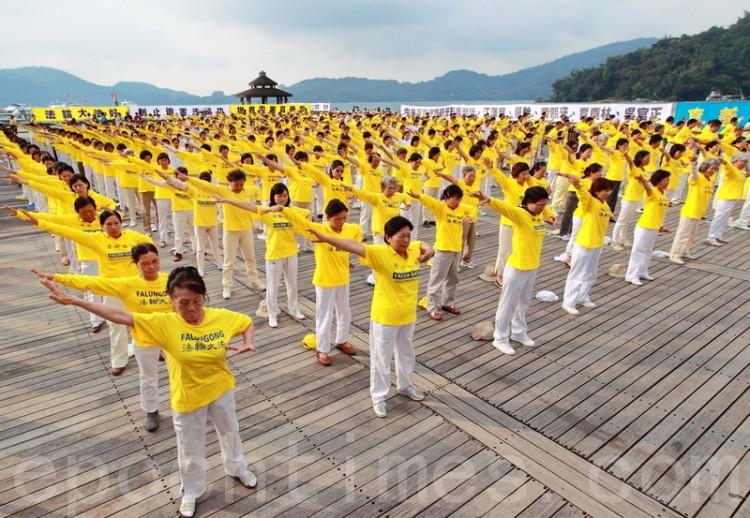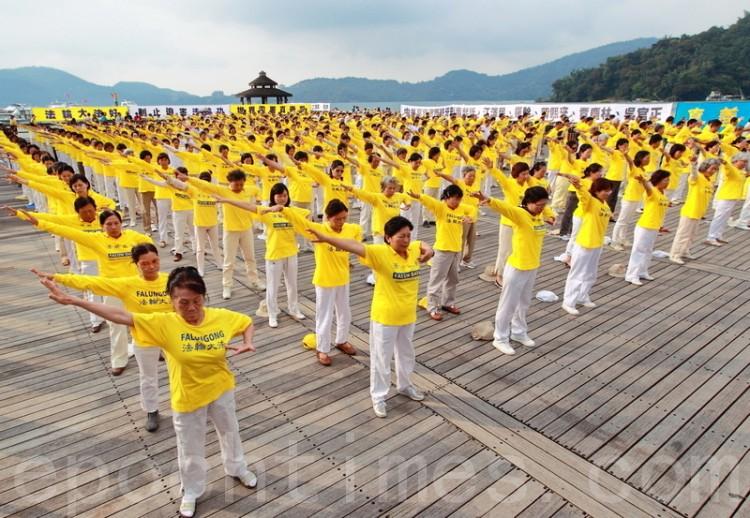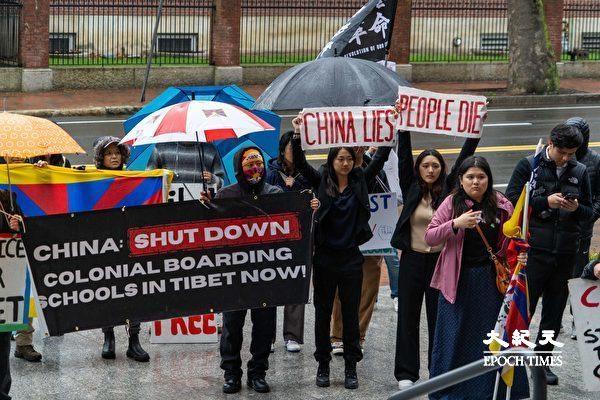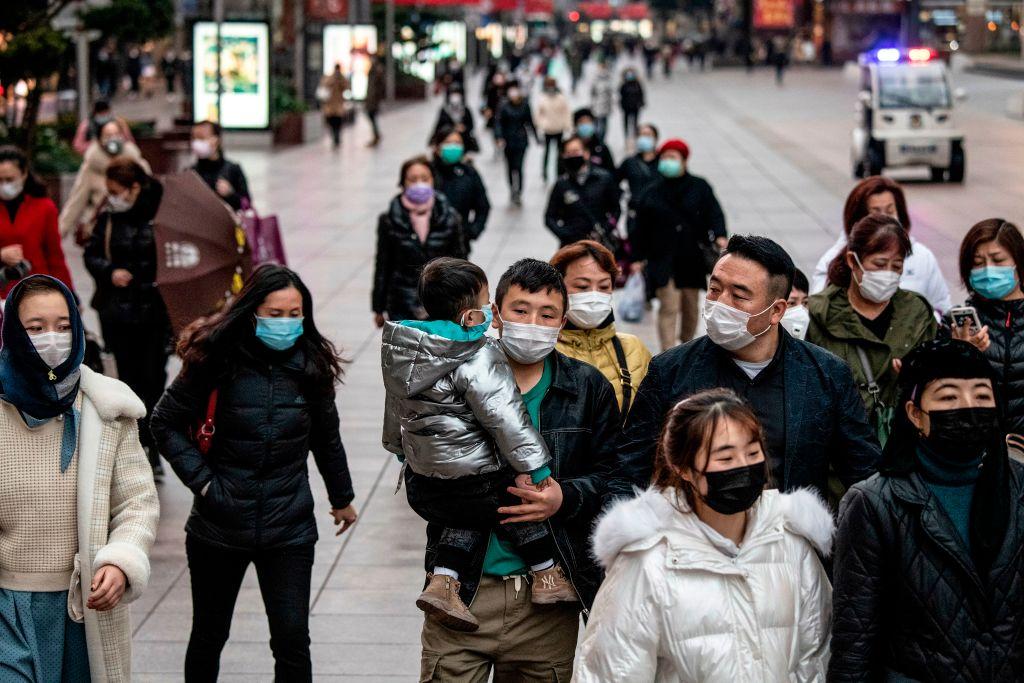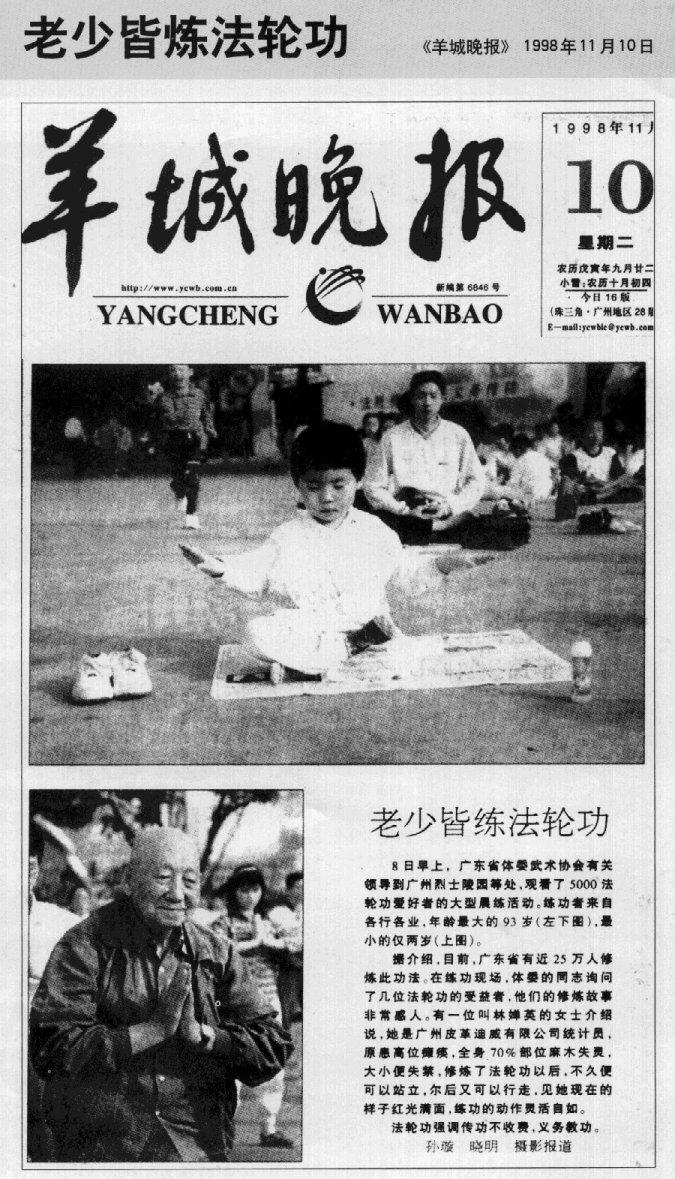
The ancient Chinese practice of qigong, a traditional Chinese form of exercise, has suddenly become hot news in China. For 13 years, state-run media has vilified and slandered qigong, but new reports are suddenly touting its benefits—a sign that top regime leaders have condoned the change in tone.
Discussion in mainland media, as well as online chatter, is rife with speculation that Beijing is thawing in its approach of persecuting qigong practitioners; most notably those who practice Falun Gong.
Medical professionals from several hospitals recently attended a nine-day qigong training course, and the benefits were published in a report by the Health Department of Gansu Province. The Ministry of Health spokesperson commented positively on the report, effectively breaking China’s 13-year taboo on qigong.
“The kind of qigong promoted by the Gansu Health Department includes a standing exercise and a sitting exercise. Falun Gong also has something similar. In other words, the authorities no longer avoid mentioning the similarity,” Shi said.
Shi added that the fact the report was not censored indicates that Premier Wen Jiabao and his reform supporters have gained the upper hand politically.
After former Party leader Jiang Zemin launched the persecution of Falun Gong in 1999, qigong became a taboo subject in China, especially in the media.
“Humankind continues to gain a deeper understanding of life science and continues to have new discoveries,” the spokesperson said, according to Xinhua. “On the academic level, we encourage theoretical exploration, innovative experiments, and academic contention.”
Liu Weizhong, head of the Gansu Health Department, recommended that province hospital staff learn qigong and apply it in their clinical practice. Several Chinese media also published articles on Liu’s medical background and career, and how he became interested in qiqong.
According to state agencies in early 1999, between 70 million and 100 million Chinese were practicing Falun Gong in the mainland. In 1998, the State Sports Bureau conducted a large survey and found that 97.9 percent of Falun Gong practitioners surveyed reported improvements in their health and a steep drop in their medical bills.
“Falun Gong has hundreds of benefits for the Chinese people and nation and does not a bit of harm,” according to the 1998 report by Qiao Shi, former head of the National People’s Congress.
